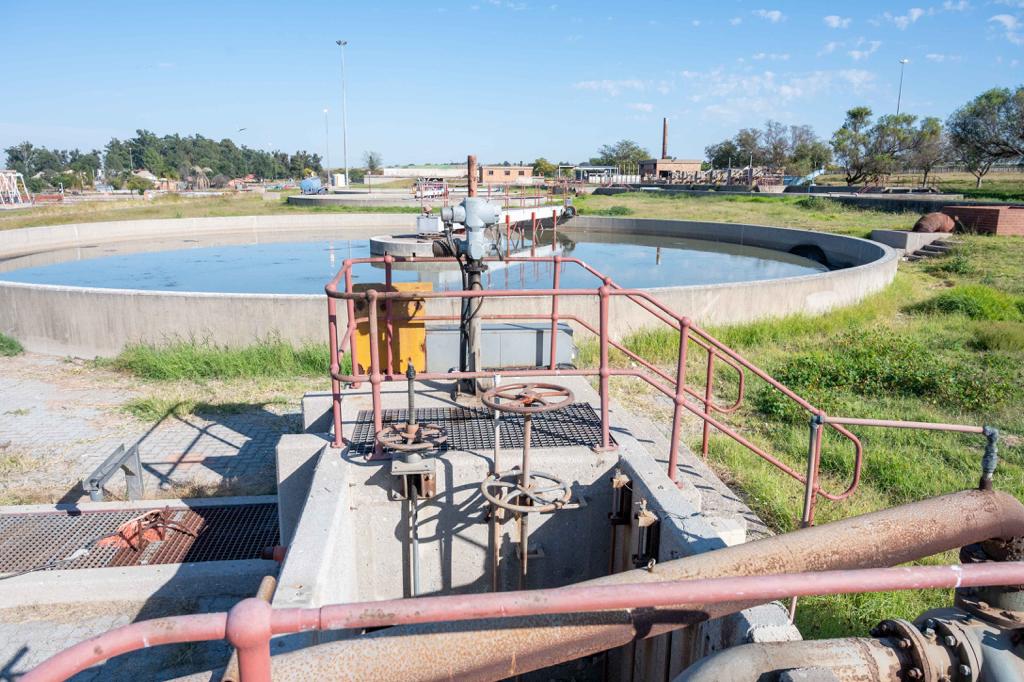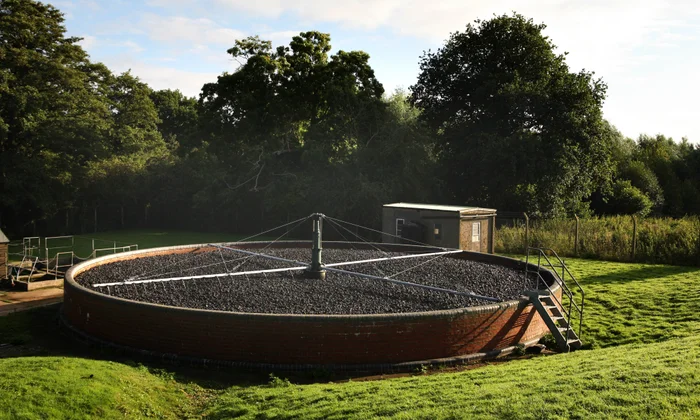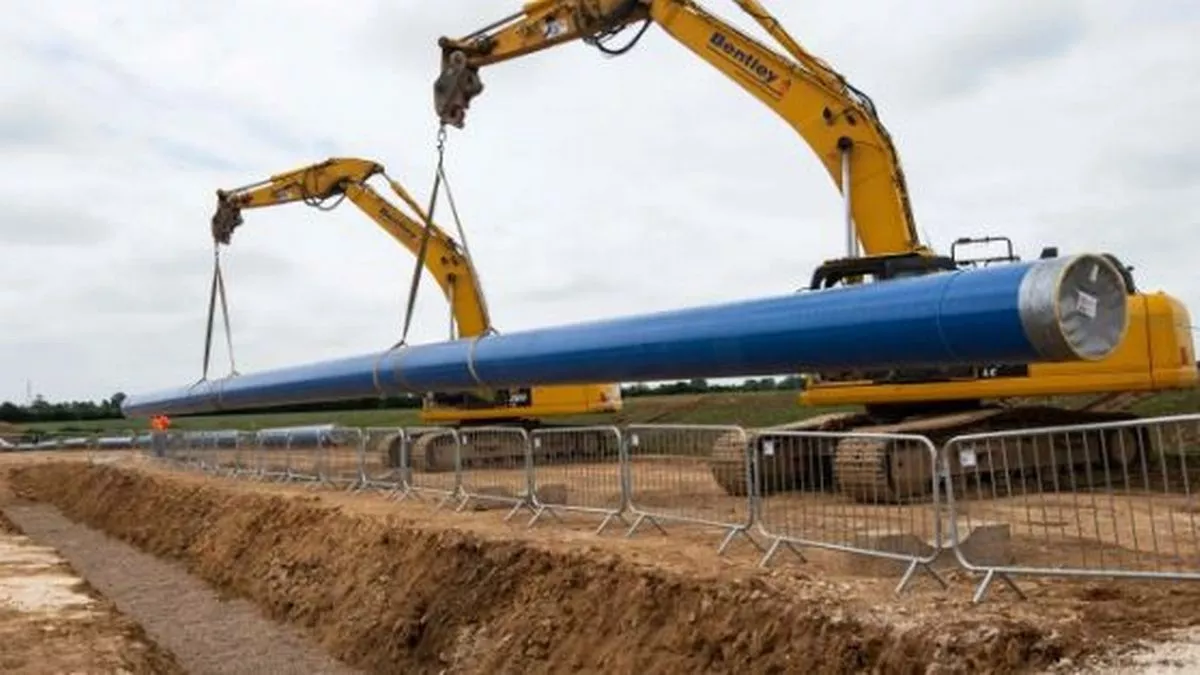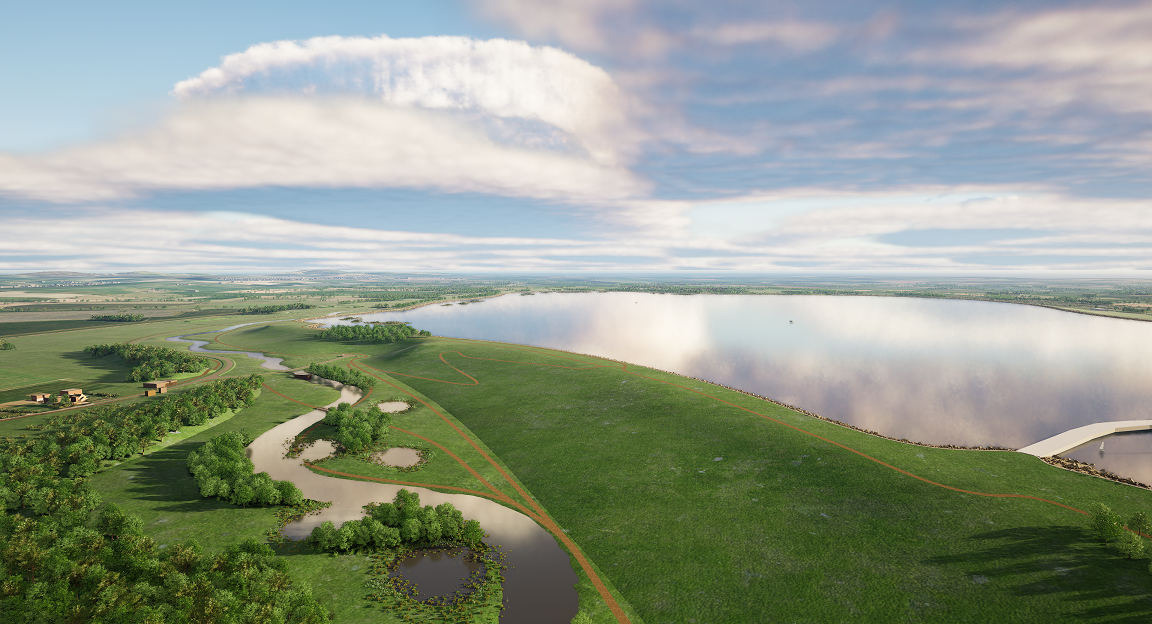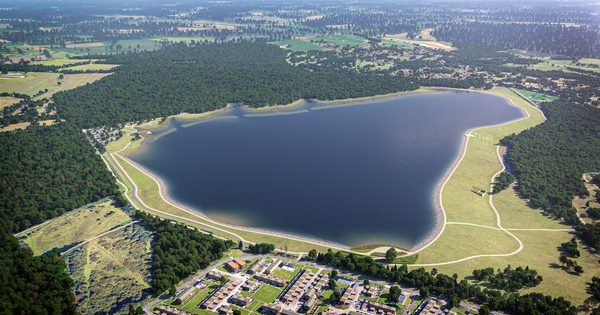Climate change is one of the most pressing challenges of our time, and its impact on water resources is profound. For Anglian Water, one of the UK’s largest water and wastewater service providers, this presents both a challenge and an opportunity to innovate and adapt. Rising temperatures, changing rainfall patterns, and extreme weather events are putting unprecedented pressure on water supplies, infrastructure, and ecosystems. Here’s how Anglian Water is addressing the impact of climate change on water resources and ensuring a sustainable future for its customers and the environment.
1. Changing Rainfall Patterns
Climate change is altering rainfall patterns, leading to more frequent and intense periods of drought and heavy rainfall. These changes pose significant challenges for water management.
- Droughts: Prolonged dry spells reduce water availability, straining supply systems and increasing the risk of water shortages.
- Flooding: Heavy rainfall can overwhelm drainage systems, leading to flooding and contamination of water supplies.
Anglian Water’s Response:
- Drought Preparedness: Anglian Water has developed comprehensive drought plans, including water recycling and storage solutions, to ensure supply during dry periods.
- Flood Mitigation: The company is investing in flood prevention measures, such as improved drainage systems and natural flood management techniques, to protect communities and infrastructure.
2. Rising Temperatures
Rising temperatures are increasing evaporation rates and water demand, particularly during the summer months. This puts additional pressure on water resources and infrastructure.
- Increased Demand: Higher temperatures lead to increased water usage for irrigation, cooling, and personal consumption.
- Water Quality Issues: Warmer water temperatures can promote the growth of harmful algae and bacteria, affecting water quality.
Anglian Water’s Response:
- Water Efficiency Campaigns: Anglian Water runs public awareness campaigns to promote water conservation and provide practical tips for reducing water usage.
- Advanced Treatment Technologies: The company is investing in advanced treatment technologies to ensure water quality is maintained even under challenging conditions.
3. Extreme Weather Events
Climate change is increasing the frequency and severity of extreme weather events, such as storms, heatwaves, and cold snaps. These events can disrupt water services and damage infrastructure.
- Service Disruptions: Extreme weather can cause power outages, pipe bursts, and other disruptions to water services.
- Infrastructure Damage: Storms and flooding can damage water treatment plants, pipelines, and other critical infrastructure.
Anglian Water’s Response:
- Resilience Planning: Anglian Water is building resilience into its infrastructure to withstand extreme weather events. This includes upgrading treatment plants, reinforcing pipelines, and implementing robust emergency response plans.
- Real-Time Monitoring: The company uses sensors and data analytics to monitor its networks in real-time, enabling swift responses to disruptions and minimizing service impacts.
4. Impact on Ecosystems
Climate change is affecting ecosystems that play a crucial role in maintaining water quality and availability.
- Habitat Loss: Changing temperatures and rainfall patterns can lead to habitat loss and reduced biodiversity.
- Water Quality Degradation: Altered ecosystems can affect the natural processes that filter and purify water.
Anglian Water’s Response:
- Nature-Based Solutions: Anglian Water is implementing nature-based solutions, such as wetland restoration and catchment management, to enhance ecosystem resilience and improve water quality.
- Biodiversity Conservation: The company is creating new habitats and working with conservation organizations to protect and enhance biodiversity.
5. Long-Term Water Resource Management
Climate change requires a long-term perspective on water resource management. Anglian Water is taking proactive steps to ensure sustainable water supplies for future generations.
- Regional Water Resources Plans: Anglian Water is involved in creating regional water resources plans that outline how water will be managed and shared across the region over the next 50 years.
- Innovative Technologies: The company is exploring innovative technologies, such as water recycling and desalination, to diversify its water sources and reduce reliance on traditional supplies.
6. Community Engagement and Education
Anglian Water recognizes that addressing the impact of climate change on water resources requires the involvement of the community.
- Public Awareness Campaigns: The company runs campaigns to educate customers about the impact of climate change on water resources and the importance of conservation.
- Customer Feedback: Anglian Water actively seeks feedback from customers to identify areas for improvement and ensure its services meet their needs.
The Impact of Anglian Water’s Efforts
Anglian Water’s proactive approach to addressing the impact of climate change on water resources is delivering tangible results. The company has reduced leakage rates, improved water quality, and enhanced the resilience of its systems. These efforts not only benefit the environment but also ensure a reliable and sustainable water supply for its customers.
The Bottom Line
Climate change is a complex and multifaceted challenge, but Anglian Water is leading the way in addressing its impact on water resources. Through innovative solutions, strategic investments, and community engagement, the company is building a resilient and sustainable water network that can withstand the challenges of a changing climate.
For other water utilities and organizations, Anglian Water’s approach offers valuable lessons and inspiration. As the world continues to grapple with the impacts of climate change, Anglian Water’s commitment to innovation and sustainability provides a roadmap for creating a resilient and sustainable water future.
